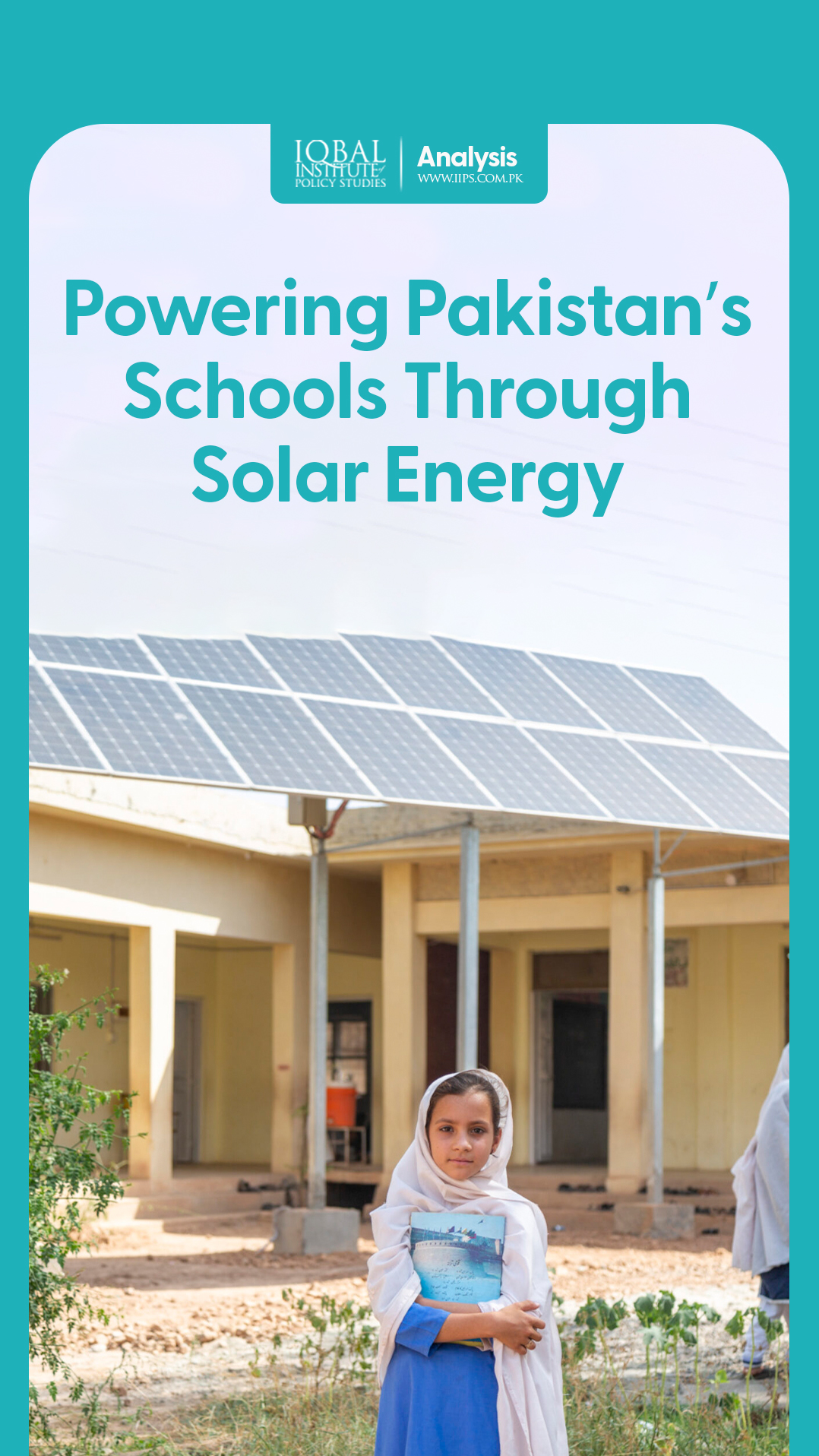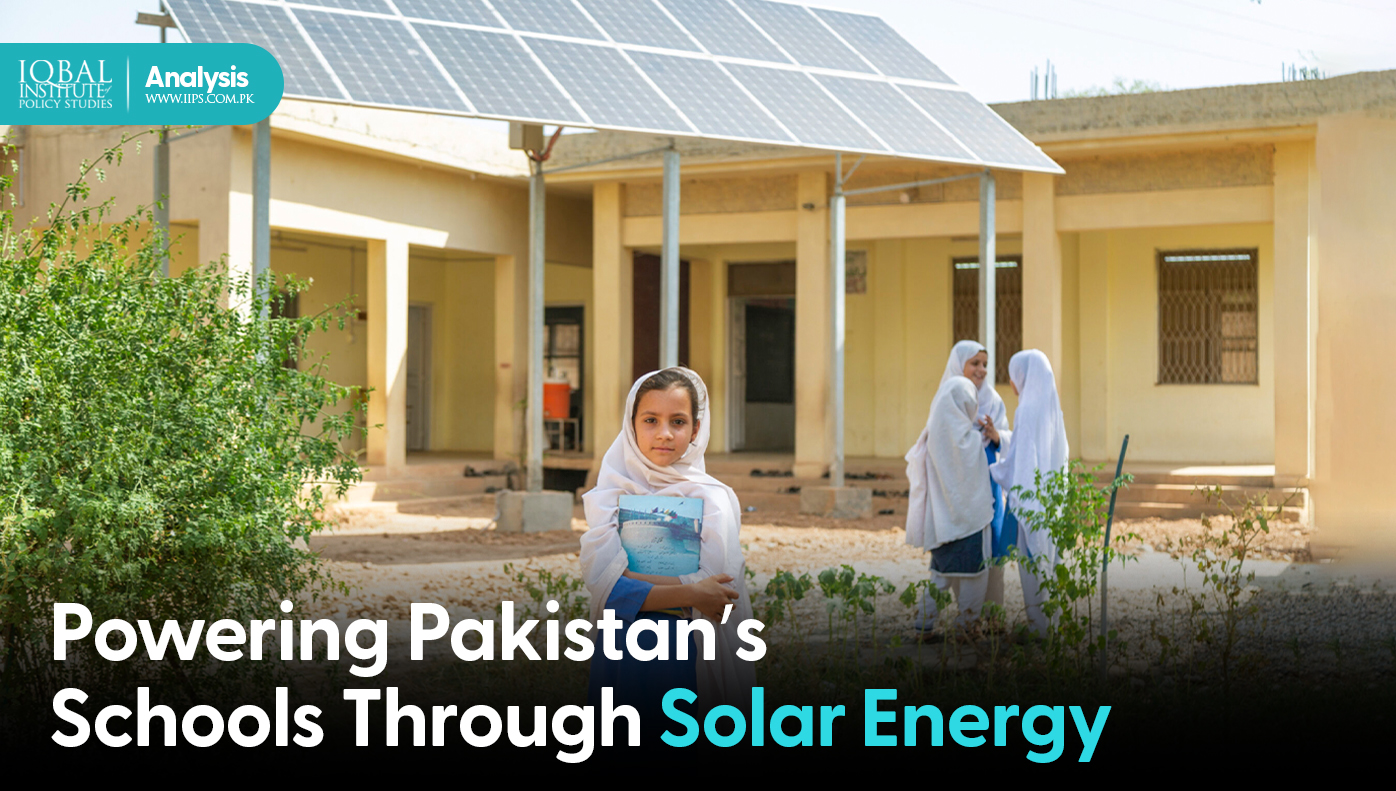In Pakistan, power outages last up to 10 hours daily in rural areas and 4 hours in urban areas due to inefficient transmission and distribution networks (Asian Development Bank). Around 10% of schools in Punjab are not connected to the electricity grid due to their remote locations, leaving them entirely without power, and those related to the grid aren’t faring much better. Therefore, Pakistan needs to fully utilise indigenous renewable energy resources to improve energy security and overcome the crippling power crisis in the country.
To bring reliable power to schools in far-flung areas that previously had no or limited electricity, the government began installing solar facilities. For this purpose, ADB is supporting Pakistan through a $325 million loan that will cover both Punjab and Khyber Pakhtunkhwa province, where about 20% of schools are off grid. Almost 2,500 basic health units are also fitted with solar panels to ensure the continuous delivery of healthcare services. The project also supports the construction of around 600 micro-hydropower plants in off-grid areas in Khyber Pakhtunkhwa.
With solar panels, schools can enjoy uninterrupted electricity and save millions in utility bills. At present, those schools fitted with solar power collectively save around Pakistani rupee (PKR) 509 million (about $2.8 million) annually. Some schools are even earning by selling excess electricity to the national grid. Solar power promotes low carbon transition and is environmentally friendly, contributing less to environmental pollution.
Solar energy is a clean and renewable alternative to fossil fuels, for it is pollution-free, virtually inexhaustible, safe and efficient. It goes well with innovative technology and education. It’s an ideal energy source for powering cost-conscious and eco-friendly facilities that serve thousands of people. Not only for residential and commercial use but solar panel installations in schools are becoming more popular. For schools worldwide, installing solar panels is a great way to generate public relations and save money on electricity bills in the future.



Leave a Reply